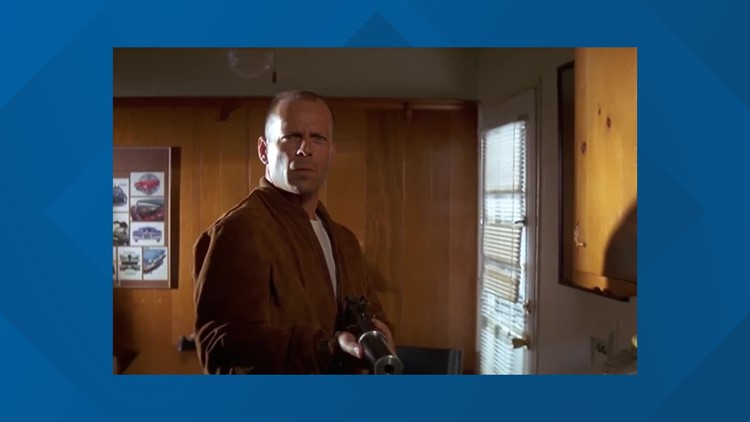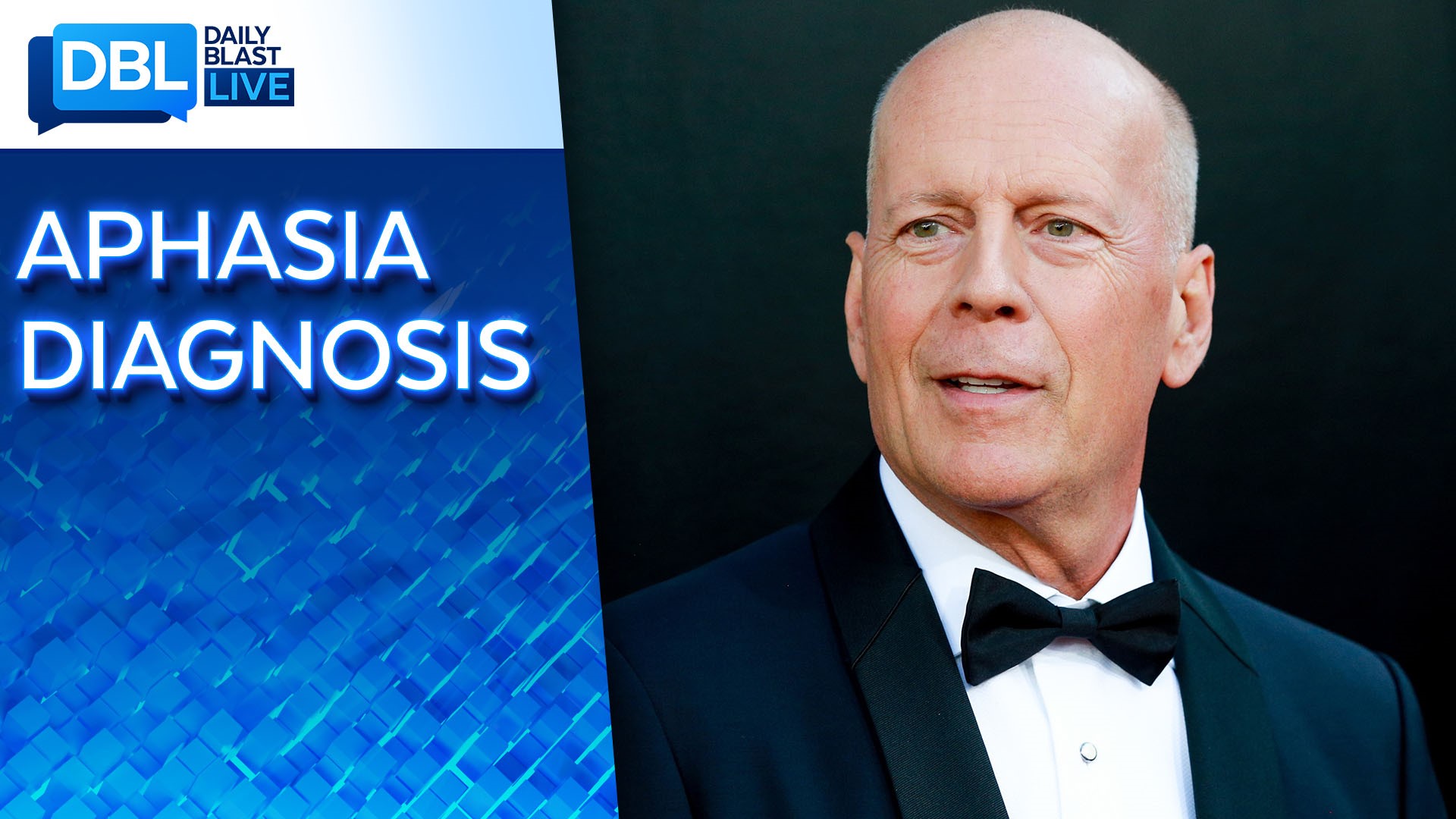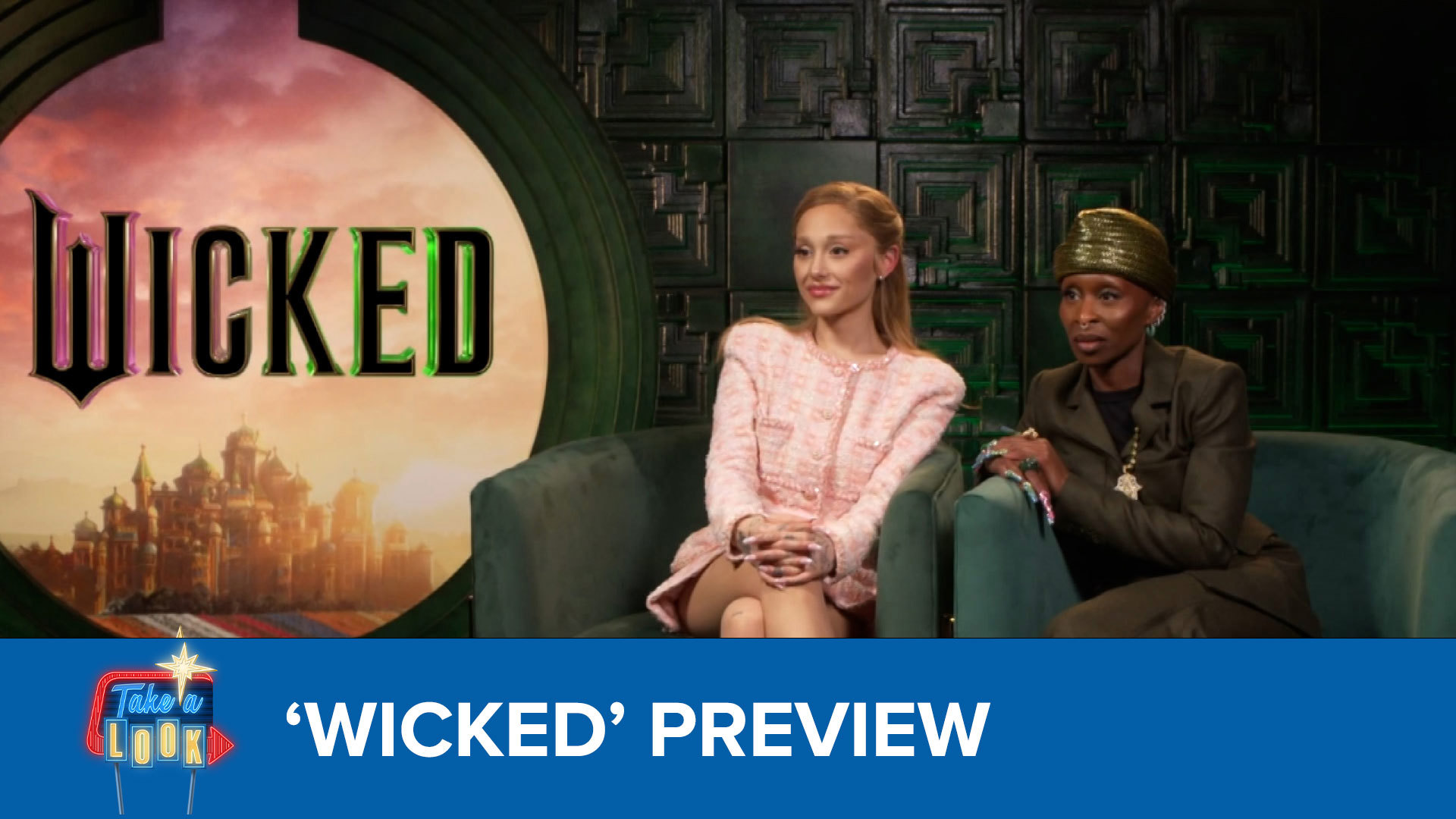ST. LOUIS — For the majority of his career—at least the prime portion in the 1990s—Bruce Willis was regularly paid $20 million per role. He was a legit box office draw and put butts in the seats, appealing to the audiences that got tired of Arnold and Sly’s biceps and couldn’t stand Tom Cruise.
But once upon a time, in 1994-95, he took $500,000 for a supporting part in a film called “Pulp Fiction.”
A movie star, leading man at his perfect fighting weight in his career, grabbing the “and” slot on the poster. But Butch Coolidge did wonders for the career of Willis, who up until that point hadn’t shown that dramatic side of his persona. To audiences, he was the cocky hero who made a lot of jokes but saved the day before the credits rolled. In Quentin Tarantino’s heralded film, he was a down and out boxer taking an envelope of cash for a dive in the ring.
Butch unlocked all of Willis’ on-screen gifts: the charisma, an ability to inject humor into a non-humorous situation, and just look like a modern-day cowboy without forcing it or showing maximum effort.
Be honest with yourself. When he walks out of that hotel with his dad’s gold watch— the one Christopher Walken’s war buddy shoved up his rear end to protect— he’s a million bucks in motion. The brown leather coat, white t-shirt that’s soon to be soaked in broken nose blood, and the jeans that looked perfectly broken in.
But it’s not until he gets into the smaller than a tiny elephant car outside that hotel and shoots that iconic look out the window—the one that became a trademark in his career—that the Willis factor truly clicked in. That scowl that essentially warned anyone within reach of the vehicle to back away quickly. Tarantino knew what he was doing when he cast the guy: Get America’s leading man and don’t just dress him down into villainous clothes; give him a hero arc with some weight.
Without Willis, the movie isn’t as great. In other words, it’s not a masterpiece. He ties a lot of the plot together, including the bullying encounter with John Travolta’s Vincent Vega to their fateful unplanned encounter in that hotel. He saved the life of Vega’s boss, Marsellus Wallace (Ving Rhames), after running him over with his car. Butch puts an end to the evil cop (Peter Craig) who had raped Wallace and many others.
Oh, and he never threw the fight in the ring. That gets him in trouble with Wallace/Vega in the first place. In a movie with separately told yet colliding storylines, Willis arguably has the best arc. The palooka who finds his way and gets out of town with his lady, as well as Zed’s chopper.
It showed that he could hang with the Oscar winners and win a few rounds. Speaking of which, Willis wasn’t nominated at all for the film. Travolta and Samuel L. Jackson scored nominations, as did Uma Thurman and Tarantino. The too-proud-for-his-good boxer got nothing but a few good ounces of award-caliber worth to his IMDB resume.
“Pulp Fiction” is just one of the many movies that featured a great “Bruno” performance. “Striking Distance” was right in vein with his “Die Hard” performances, but no less enjoyable. “12 Monkeys” and “16 Blocks” showed off his range, while “The Whole Nine Yards” and its sequel gave his comic ability center stage.
Willis was the outsider who made it in through a prominent “Moonlighting” role, refusing to leave until after he had 144 roles. You can take shots at the final ten years of work, but sometimes a job is just a job. A paycheck can be more gratifying than constantly climbing into more dramatic sheep’s clothing.
And while one can wonder if the slow onset of aphasia, the brain disorder that caused his abrupt retirement this week, had scared off more prominent directors recently, one should just step back and appreciate all the entertainment he left behind. Some actors don’t have a string of everlasting hits to sail them away into retirement. Willis did his best and worked until a doctor told him it was time. Tireless effort garners respect.
Just don’t sleep on “Pulp.” Willis left audiences wanting a spin-off, this critic included, after viewing that film. The trials and tribulations of Butch Coolidge would have made for a great final film for Tarantino to make—and do it with Bruce.
But what we received in 1994 is what we shall remain with for good, which is fine because of all the goods stored inside it. Think of the first time we meet Butch during his initial encounter with Marsellus. He's sitting at that small table in the bar stone-faced as his boss tells him to leave pride behind, because it only hurts. Later on, Travolta's hitman says something offensive to Butch, which causes the boxer to turn ever so slowly around towards a departing Vincent.
It's right there that Willis shoots that classic scowl towards his future nemesis, one who probably knows he's going to win that fight and go back on his word. Maybe not. Either way, it's a great shot and look, and one that could stand in as the epitome of his whole career. Sometimes, all it took was the look.
A piece of glorious “Fiction” will have to suffice. Cheers to you, Bruno.
RELATED: What is aphasia? And what causes it?




